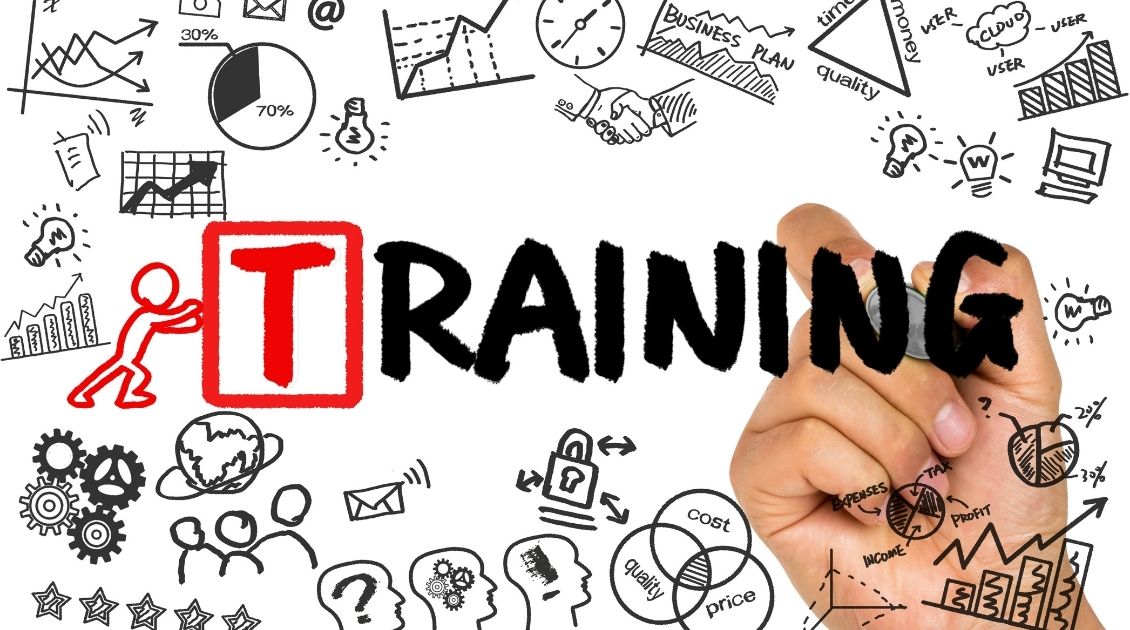
Training on Wastewater Treatment and Management (Audit perspective)
Effective wastewater treatment and management are critical for sustainable operations, environmental compliance, and corporate responsibility. Conducting training on this topic from an audit perspective brings significant benefits:
Key Benefits
-
Regulatory Compliance
- Ensures adherence to environmental laws, permits, and standards.
- Reduces risks of penalties, legal actions, and shutdowns due to violations.
-
Operational Efficiency
- Identifies inefficiencies in current wastewater management processes.
- Improves resource utilization, minimizing waste generation.
-
Cost Reduction
- Lowers operational costs by identifying opportunities for recycling and reuse.
- Avoids excessive fees for wastewater treatment or disposal.
-
Risk Management
- Minimizes environmental and reputational risks associated with untreated or poorly managed wastewater.
- Mitigates risks of contamination, protecting public health and ecosystems.
-
Sustainability Goals
- Aligns with organizational sustainability targets, enhancing ESG (Environmental, Social, Governance) scores.
- Demonstrates commitment to corporate environmental stewardship.
-
Enhanced Decision-Making
- Provides insights to management for investing in upgraded technologies or infrastructure.
- Establishes a clear roadmap for sustainable wastewater practices.
Why is Training Important?
-
Knowledge Empowerment
- Equips staff with the skills and knowledge to identify gaps in wastewater management.
- Builds expertise in understanding technical aspects and compliance requirements.
-
Audit Preparedness
- Prepares teams to handle internal and external audits effectively.
- Strengthens documentation practices to demonstrate compliance.
-
Proactive Improvements
- Promotes proactive identification and rectification of issues before audits.
- Encourages continuous improvement in wastewater treatment systems.
-
Stakeholder Confidence
- Boosts confidence among regulators, investors, and the public about the company’s commitment to sustainability and compliance.
Investing in training for wastewater treatment and management from an audit perspective is not just a regulatory necessity but also a strategic move towards building a resilient, cost-effective, and sustainable business operation.


